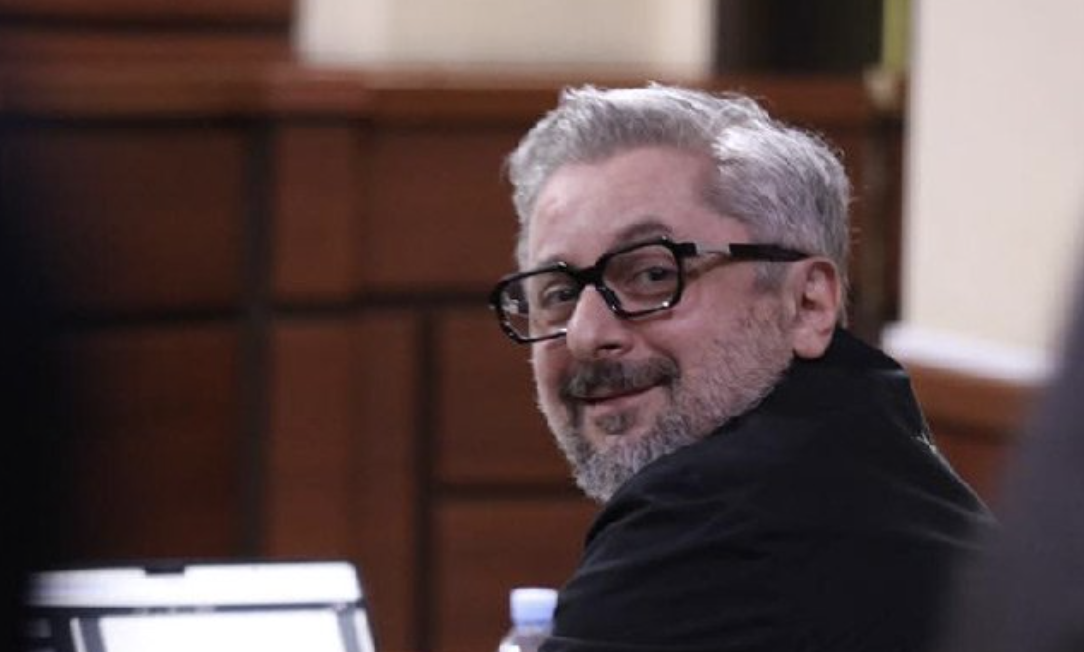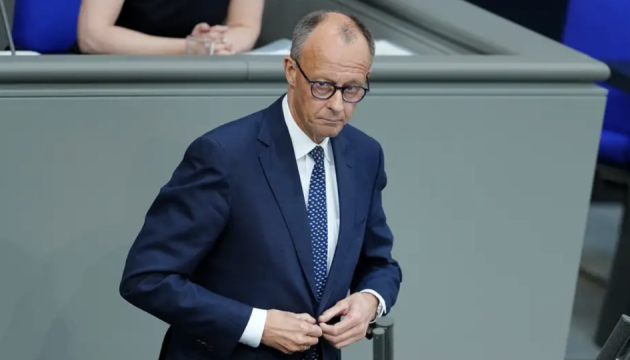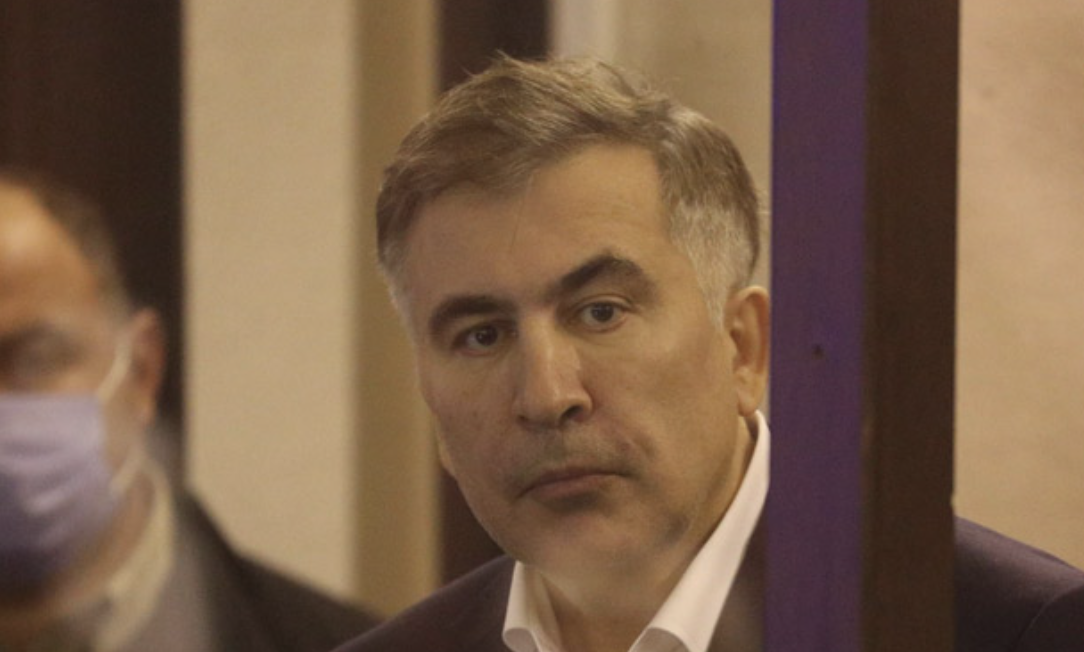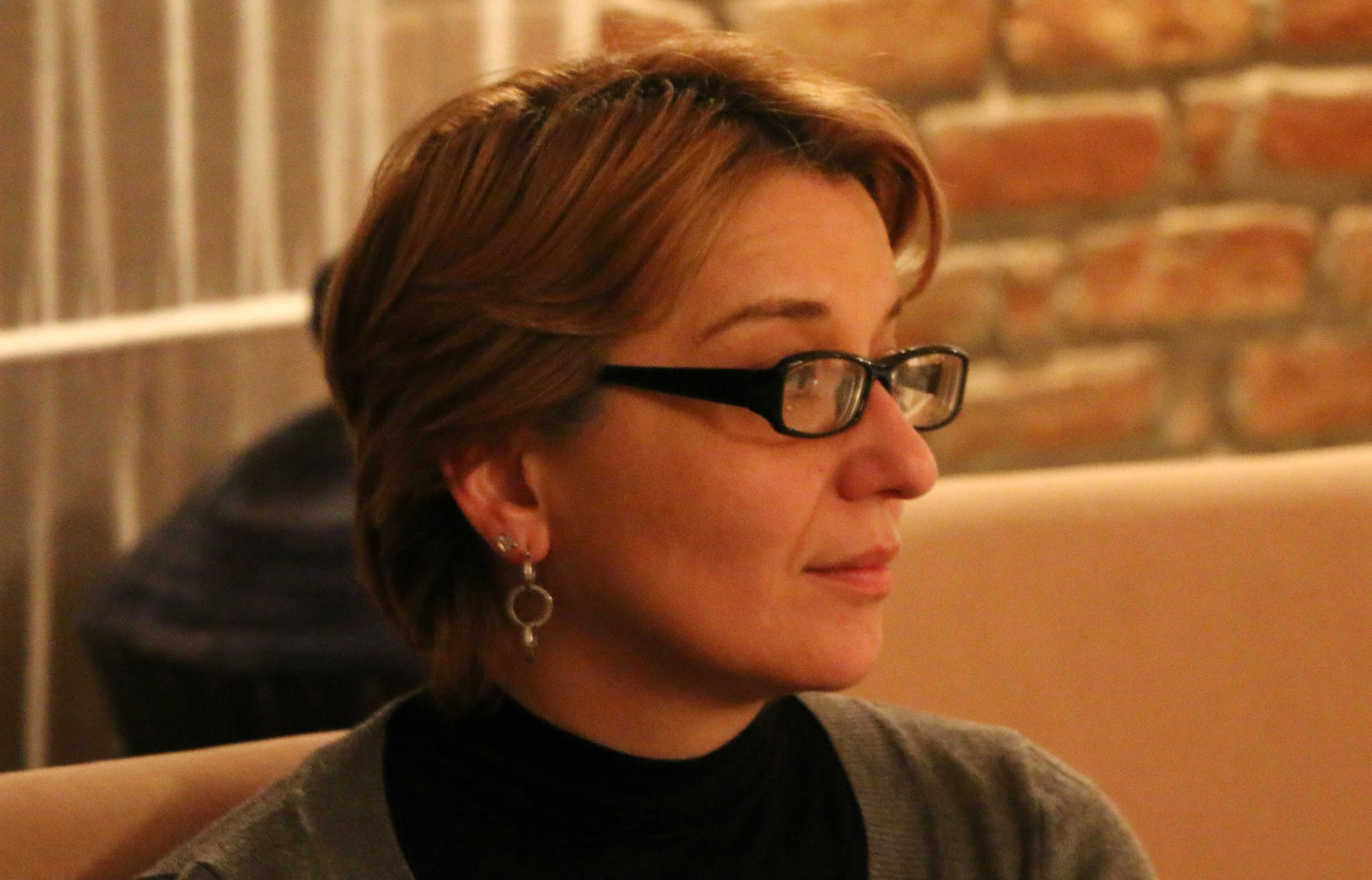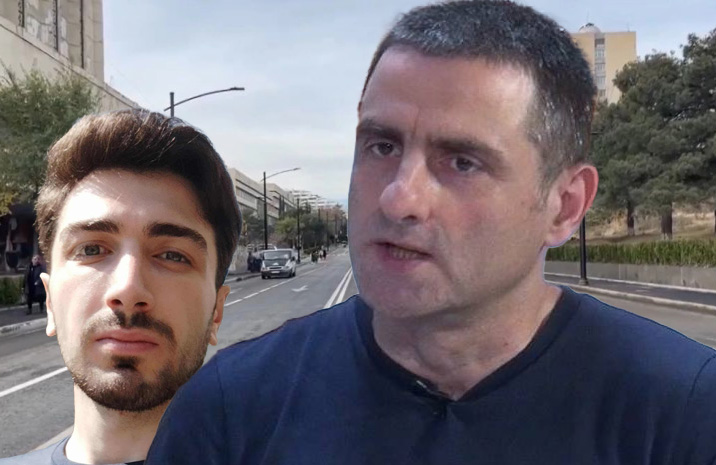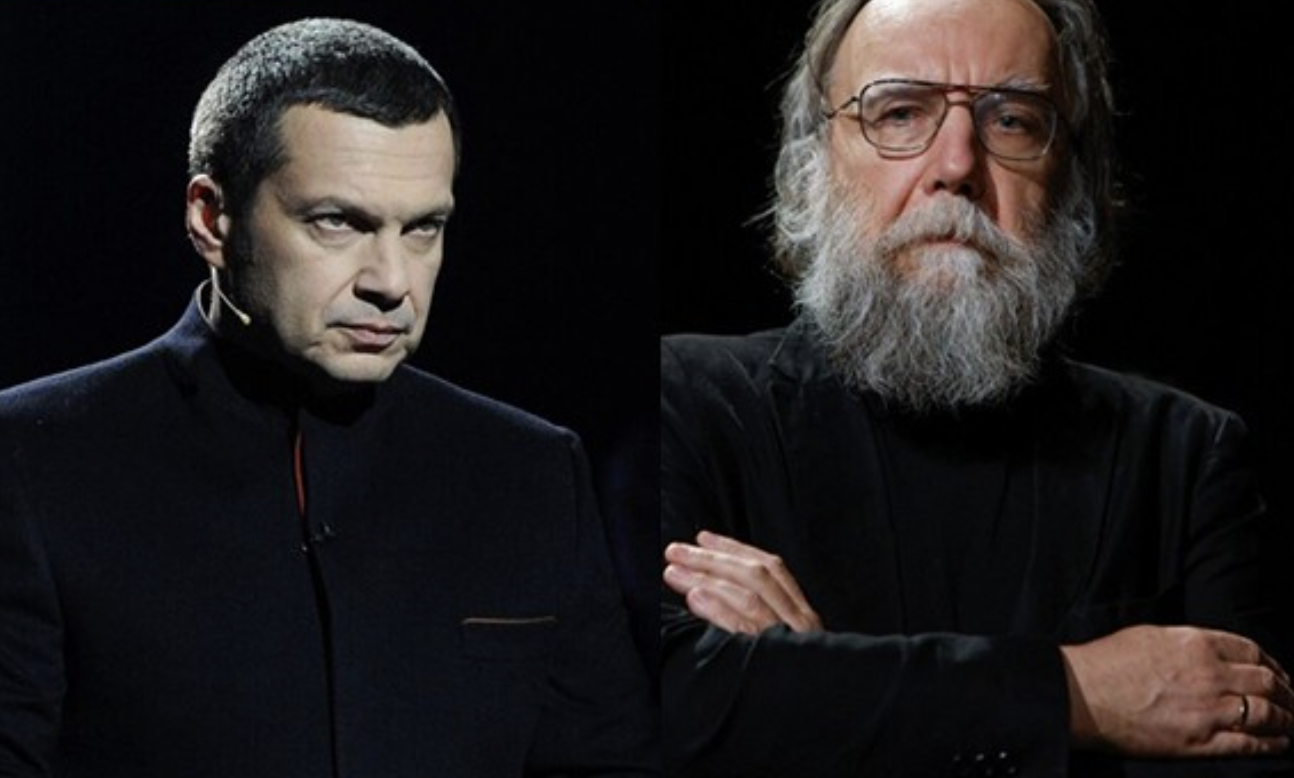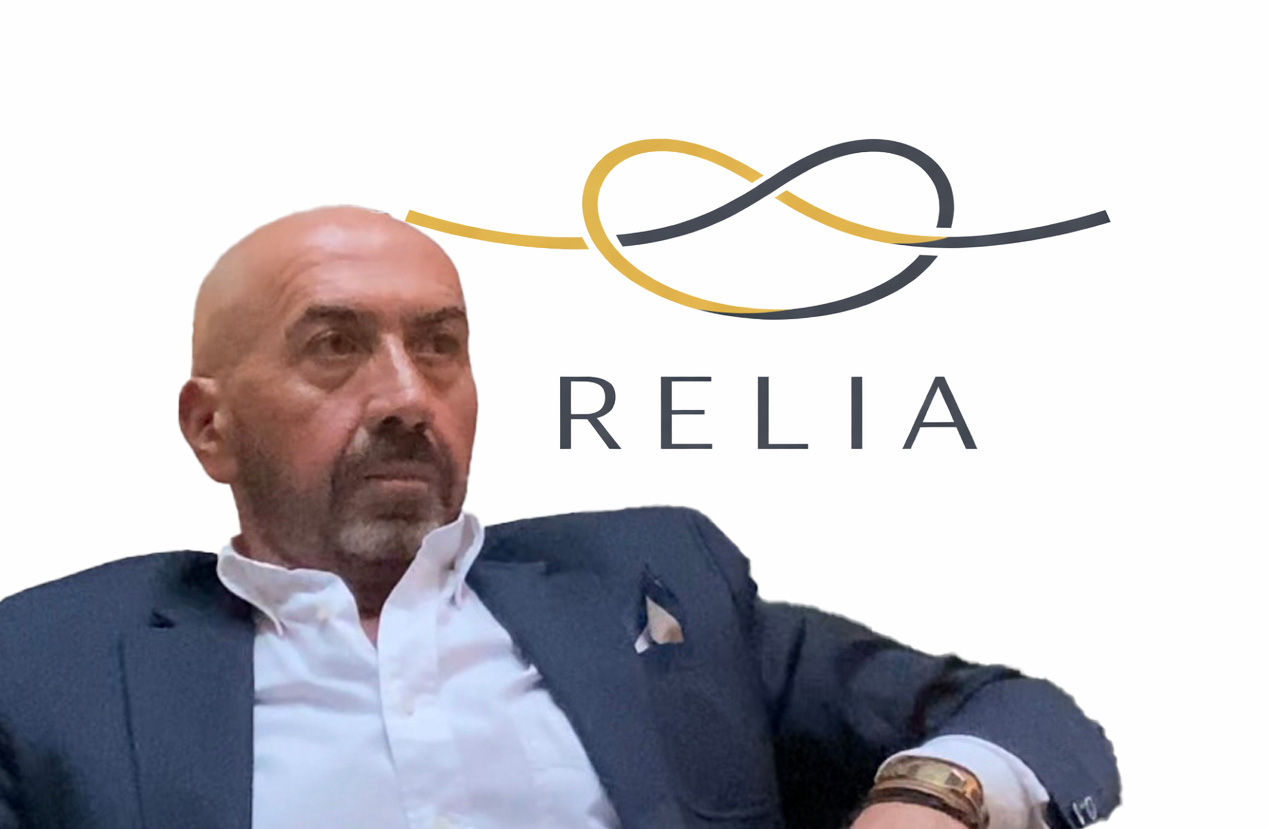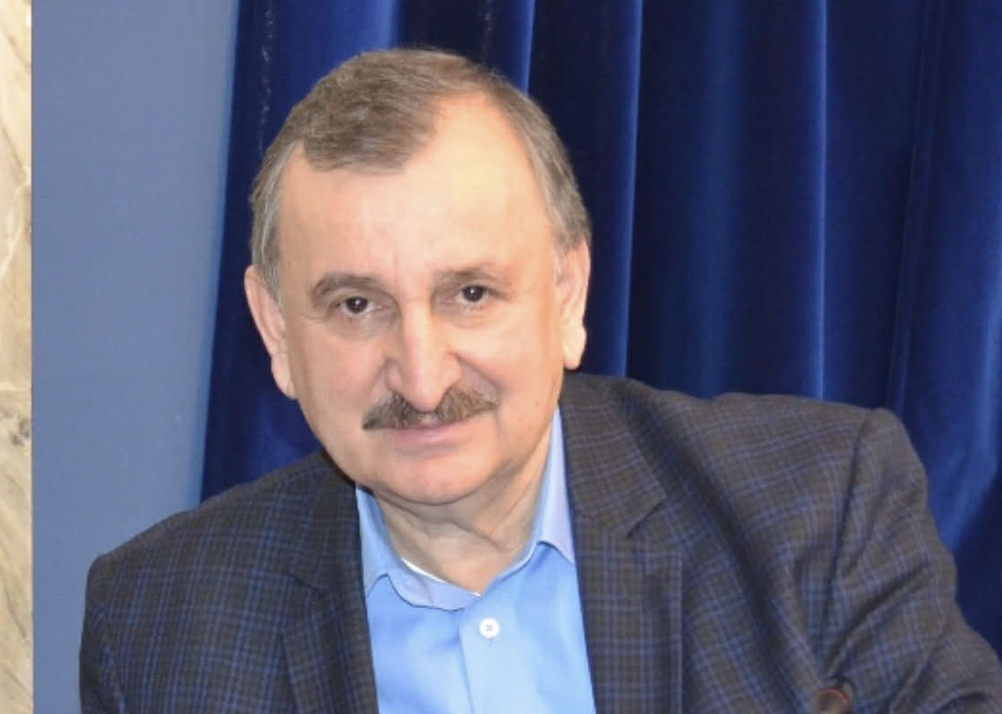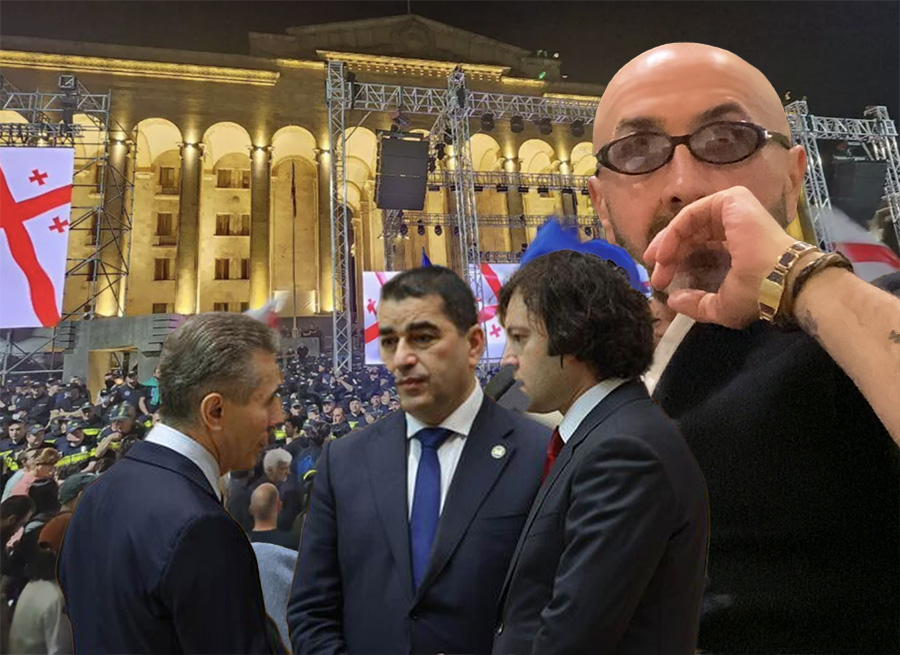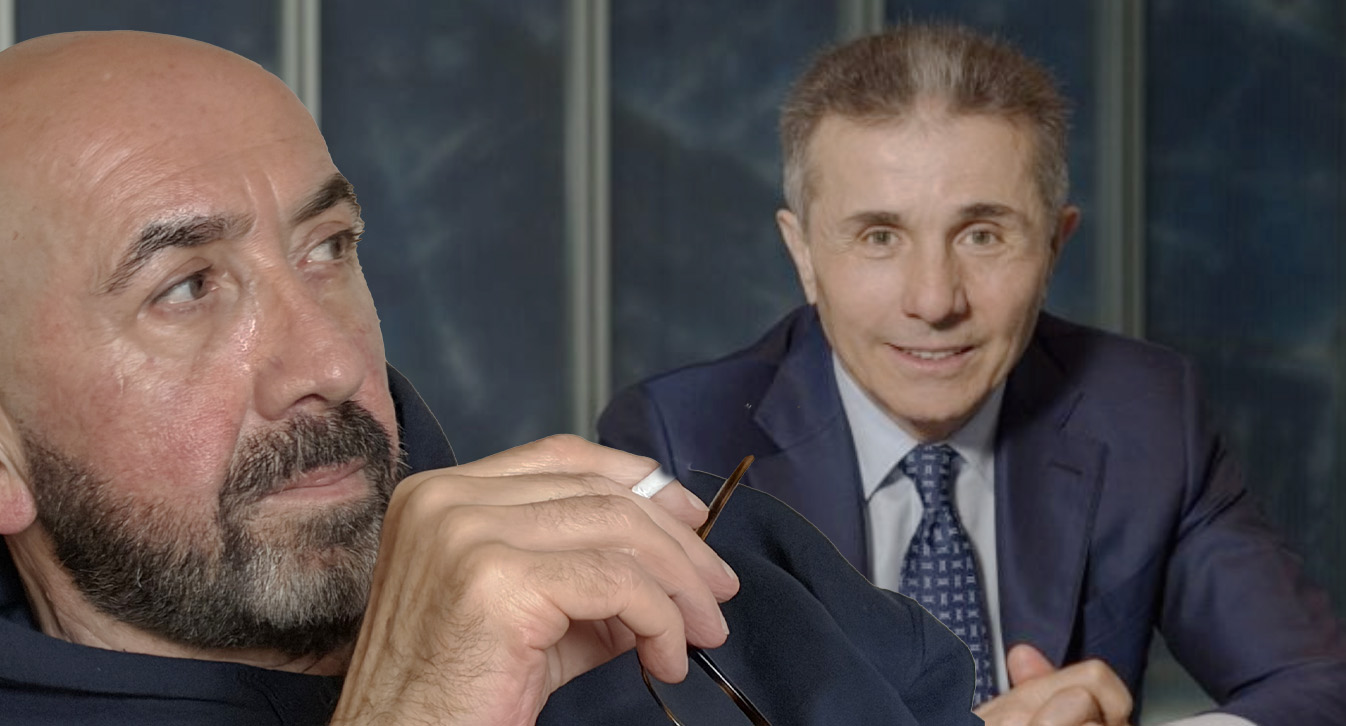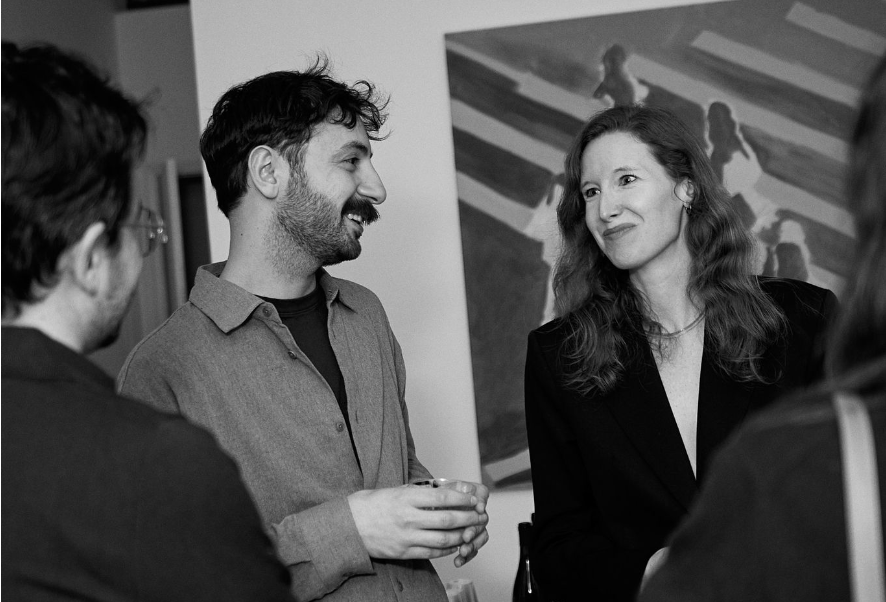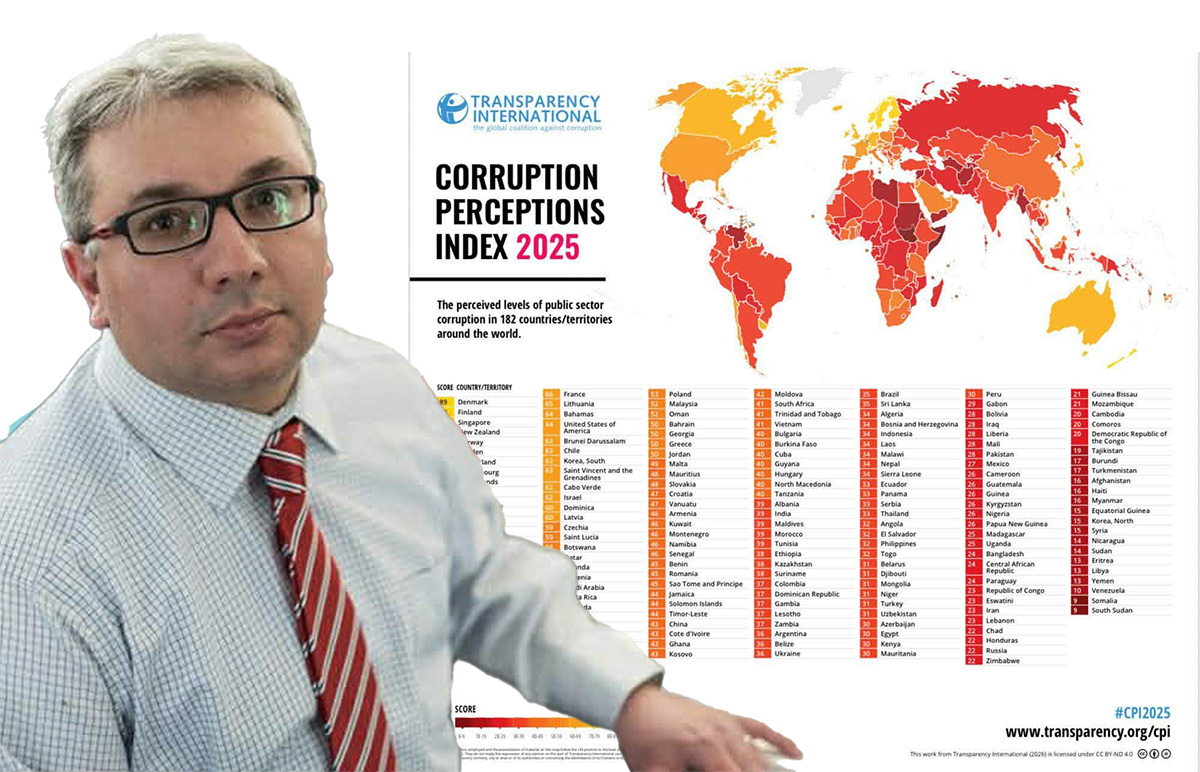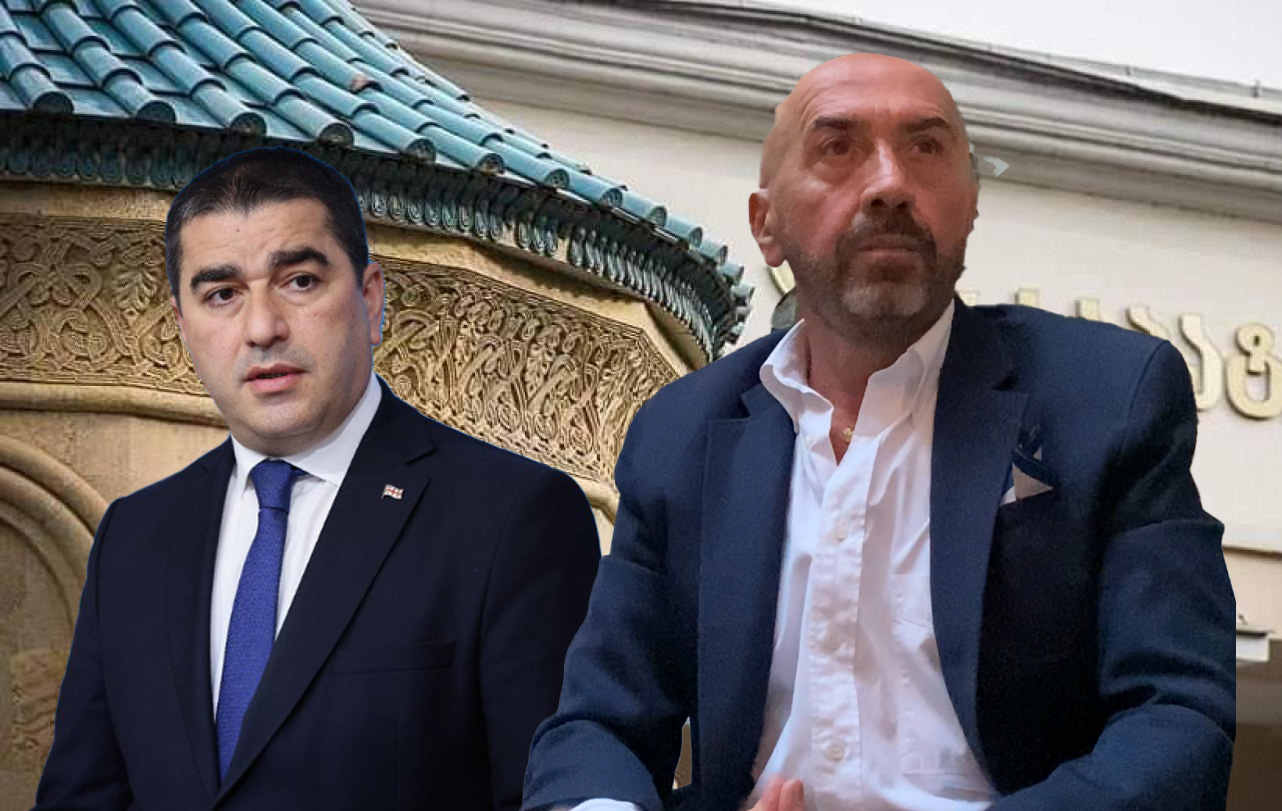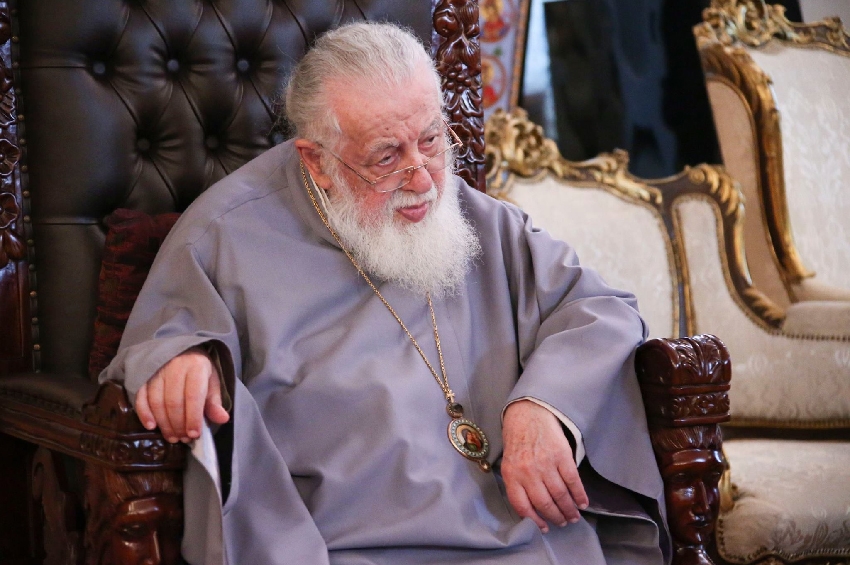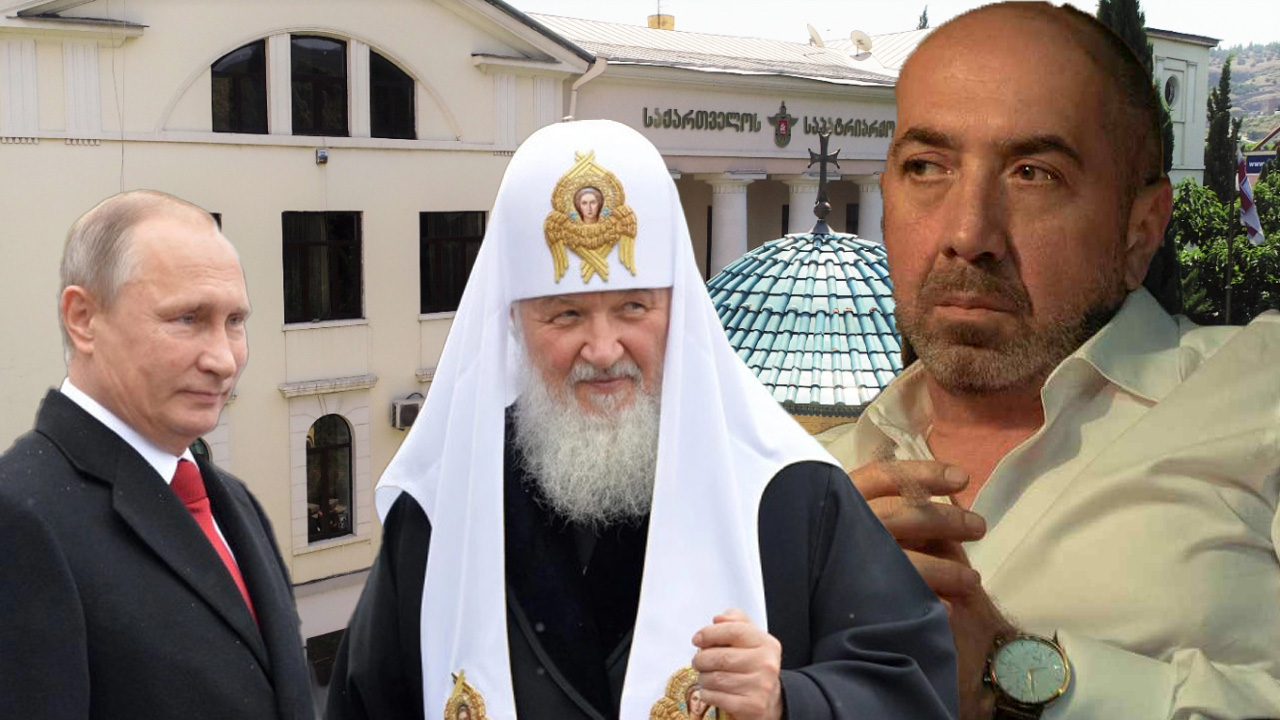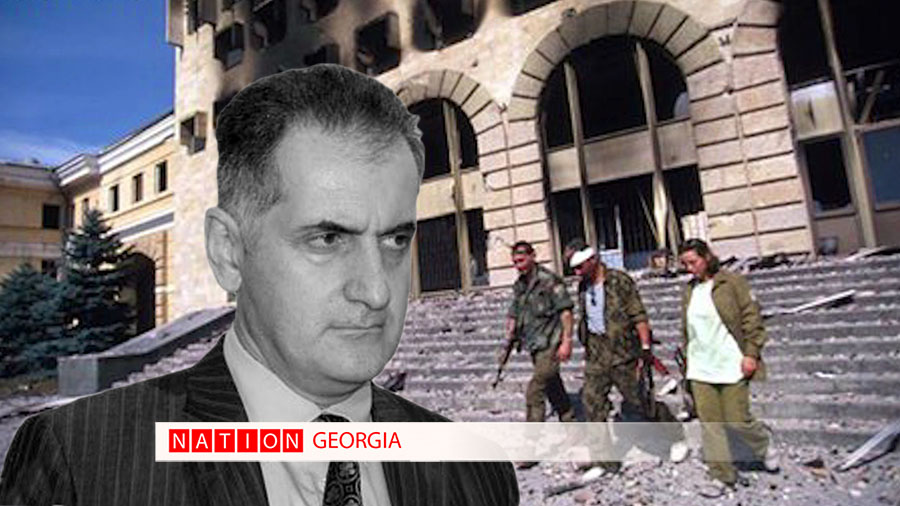Georgian PM believes that ending war in Ukraine will “reset” relations with EU, US
15.10.2024 ნახვები: 448
This is reported by Sova News, Ukrinform reports.
“One thing is important for us - as soon as the war in Ukraine ends - and we think it will happen next year - relations with both the EU and the United States will be reset. Accordingly, no one will remember such unfair resolutions [of the European Parliament],” said the Georgian Prime Minister, commenting on the recently adopted resolution of the European Parliament.
He added that Georgia's relations with the EU and the US “must be restarted” and as soon as the war in Ukraine ends, “we will immediately see the steps taken by the EU and US institutions.”
Read also: Georgian soldier who fought on side of AFU was killed in Kursk regionAs for the possible introduction of sanctions, Kobakhidze said, “this is not a relevant issue.”
“As soon as the war in Ukraine is over, we will end up with a completely different situation. Therefore, I would not pay attention to such temporary events as the European Parliament's resolution. Our main and strategic task is to restart relations, and this will definitely happen next year,” he said.
As reported by Ukrinform, on October 9, the European Parliament adopted a resolution on democratic retreat and threats to political pluralism in Georgia and called on the country's authorities to review anti-democratic laws.
On May 14, the Georgian parliament passed the law “On Transparency of Foreign Influence,” which obliges non-governmental organizations (NGOs) and media outlets to register if they receive funding from abroad. Otherwise, they face a fine. A similar law is in effect in the aggressor country, the Russian Federation.
Read also: MFA condemns political ads in Georgia using images of Russian war fallout in UkraineIn addition, in September, the Georgian parliament passed a package of laws that restricts the rights of the LGBT community. Thus, Georgia has banned the registration of any marriages other than the union of a man and a woman, the adoption of minors by homosexual couples, and sex reassignment surgery.
The international community, including the EU and the US, criticized the adoption of these laws.
Later, the EU Ambassador to Georgia, Pawel Herczynski, said that the leaders of the bloc had agreed to suspend the country's accession to the EU because they did not understand the intentions of the current Georgian government because of the law on “foreign agents.” EU institutions also decided to suspend all high-level meetings with Georgian authorities.


